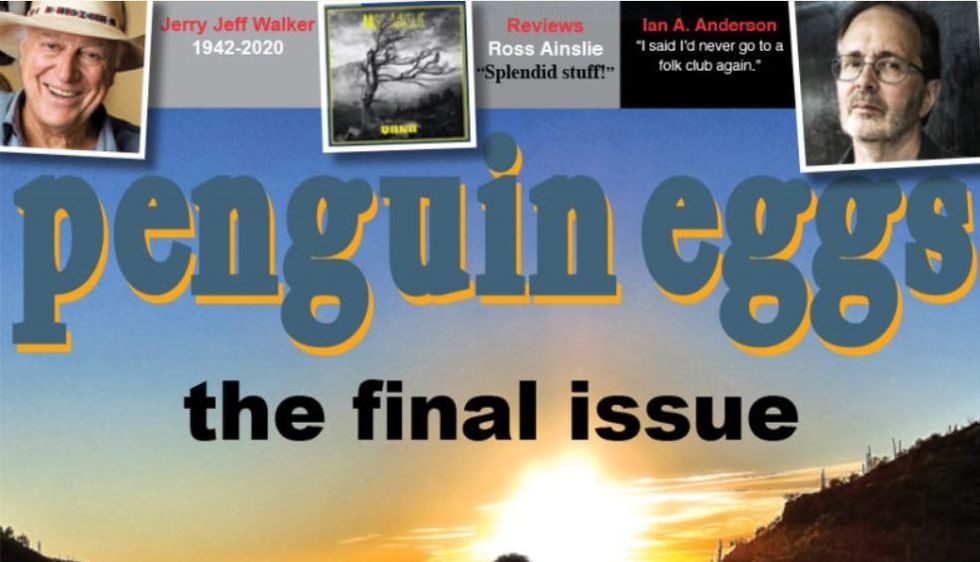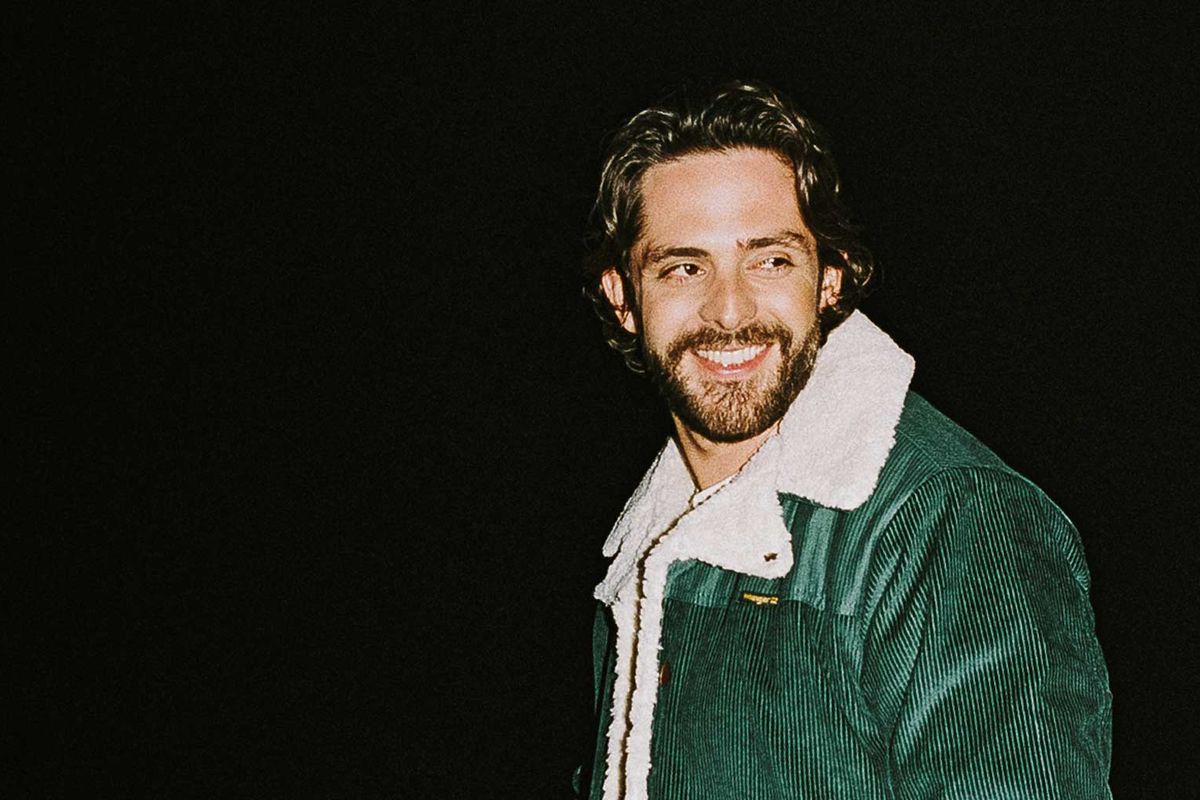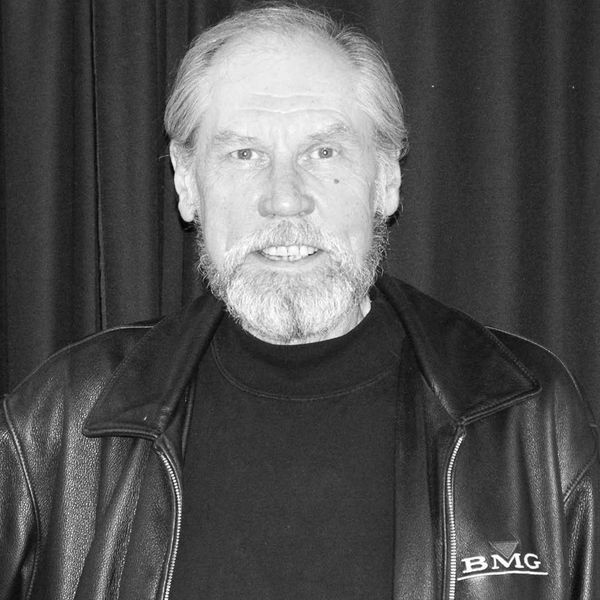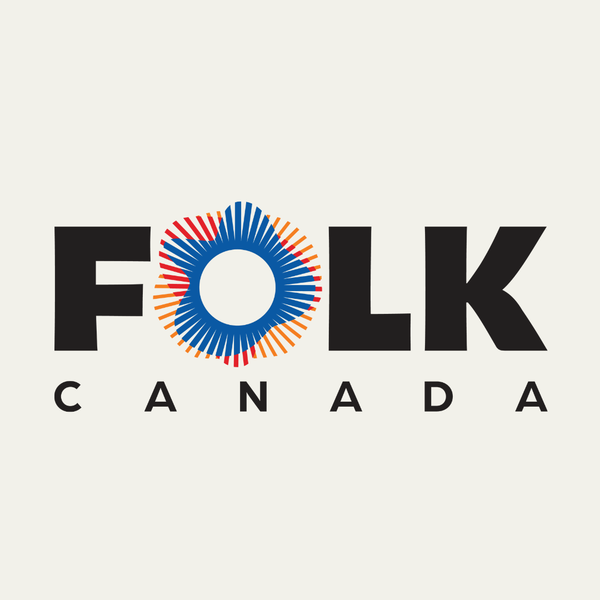
By David Farrell
Michael Hollett’s ‘Next’ Adventure
The former Now co-founder has launched his new, four-colour gloss Next magazine. The premiere December edition runs 68 pages and is available through the Sunrise Records chain, along with a long list of restaurants, cafes, pizzerias, and pubs in Vancouver, Calgary and the GTA. Home delivery is offered through a network of food and booze delivery services such as Uber Eats. We haven’t seen the issue as yet, and the magazine website teases that the edition will be viewable online later this month.
Tagged with the catchy phrase: “NEXT is Canada's new free magazine for people who love to go out – even when they can't,” the entertainment and lifestyle mag has some serious financial back beyond Hollett’s deep pockets. Among the investors are Gary Slaight, Michael Cohl, entrepreneur/philanthropist Salah Bachir, Blue Ant Media CEO Michael MacMillan, and salsa and chips and non-alcoholic beer magnate Peter Neal and Neal Bros. Foods.
Canadaland breaks news of CBC president residing in New York luxury brownstone
Catherine Tait, the President and CEO of the Canadian Broadcasting Corporation, lives with her husband in a $5.4M (CAD) brownstone that she owns in the Boerum Hill neighbourhood of Brooklyn, New York, and has been travelling back and forth between the United States and her secondary residence in Ottawa throughout the pandemic, Canadaland has learned.
Government appointment records list Brooklyn as Tait’s residence and put her salary within the range of $390,300 to $459,100 per year. According to CBC spokesperson Chuck Thompson, Tait moved to Ottawa when her term began in July 2018, and began splitting her time between her two homes in late March, after the pandemic began. – Jesse Brown, Canadaland
Bob McCown through the looking glass
In his day at Rogers, he generated between $7-million and $11-million of revenue. “I generated between $4-million and $8-million in profit,” the entrepreneur broadcaster tells The Globe and Mail’s Simon Houpt. Today, he’s exploring options and has several profitable businesses that continue growing.
RIP: Edmonton roots music quarterly, Penguin Eggs
Edmonton-based gloss quarterly roots and folk focussed Penguin Eggs is calling it quits, founder editor-publisher Roddy Campbell has announced.
Funded for over two decades through a mix of federal and provincial grants and subscriptions, the magazine had a hardcore readership and was widely recognized as a credible imprint in Canada and the US and served as a forum for freelance writers as well as an impressive looking showcase for the acts it featured. Campbell was also one of the instigators of the Canadian Folk Music Awards.
Oddly named, the title comes from the fifth and final studio album by English folk musician, singer and session player Nic Jones.
The final edition includes features about Elvis Costello, Ian A. Anderson, Grit Laskin, Pharis and Jason Romero, Rick Fines, Kronos Quartet, and The Dardenelles.
Below is an interview with Campbell conducted by CKUA morning host Grant Stovel on Dec. 9.
It’s not a civil war that threatens the CBC. It’s complacency
More than 500 current and former CBC staffers, including on-air journalists Carol Off and Gillian Findlay, have signed an open letter calling on Canadians to stand with them as they put pressure on management to abandon an “insidious” initiative that “makes a mockery” of the broadcaster’s hard-won reputation for journalistic integrity. They argue that Canadians could confuse the paid content on CBC websites and podcasts with its journalistic offerings. – Konrad Yakabuski, The Globe and Mail
From Yellowknife by air … with love
For northern fly-in communities, local airlines provide a vital service, bringing groceries, building materials and doctors. But with covid-19 restrictions, major revenue streams reduced to a trickle. This is the story of how Air Tindi, a small, Yellowknife-based airline, runs flights to Wekweètì, a Tłı̨chǫ community of about 137 people, six days a week. – CBC News
World’s largest advertiser: Amazon
Fueled by massive growth in online retailing from the COVID-19 pandemic, Amazon has replaced Procter & Gamble as the world's largest advertiser.
According to AdAge's annual report on ad spending, Amazon spent $11 billion on advertising in the past fiscal year, surpassing P&G's mere $10.7 billion.
This is only the second time in about 35 years that P&G relinquished its position as Earth's largest advertiser. According to AdAge, here are the planet's 10 largest advertisers:
1. Amazon - $11b
2. Procter & Gamble - $10.7b
3. L'Oreal - $10.3b
4. Samsung - $9.7b
5. Unilever - $8.1b
6. Comcast - $7.6b
7. Nestlé - $7.4b
8. LVMH Moët Hennessy Louis Vuitton - $7.0b
9. Google - $6.8b
10. AT&T - $6.1b
Here's an interesting chart
Based on the online ad fraud figures from AdAge and SpiderLabs referred to in my last week's newsletter, I drew up this chart.
If Ad Age and Spider Labs are correct, the amount of money lost to ad fraud worldwide is greater than the total amount of money spent on radio, newspaper, magazine, and outdoor advertising in the U.S combined. – Bob Hoffman, The Ad Contrarian
The Mouse roars no more on radio
Radio Disney, which had a hand in launching the careers of such pop stars such as Miley Cyrus, Selena Gomez and Demi Lovato, is ending its run after more than two decades. The move will lead to the layoffs of 36 full- and part-time employees, the company said. – Los Angeles Times
Facebook faces an FTC antitrust suit
The Federal Trade Commission and more than 40 states filed an antitrust suit against Facebook on Wednesday, prompting the company and its defenders to argue that Silicon Valley’s very way of doing business is under attack.
On the contrary. What the federal government and states are doing is reasserting a fundamental rule for all American business: You cannot simply buy your way out of competition. – Tim Wu, The New York Times
FTC sues Facebook. Yawn.
Surprising to almost no one, the FTC sued Facebook this week calling it an illegal monopoly. Pardon me for not getting all revved up about this. By the time this lawsuit gets resolved, we'll all be flying around in jet-packs and Jeff Bezos will be sharing a condo with Elon Musk on Neptune.
There's no one to root for in this shitfight. Facebook is the slimiest of the Silicon Valley slime dogs, and the FTC is a sad, cruel joke.
FTC wants Facebook to divest itself of Instagram and WhatsApp. According to the FTC, Facebook bought both these companies with the express purpose of squashing competition. So it's going to be fun to listen to the FTC explain how, knowing that, they approved both these acquisitions just a few years ago. – Bob Hoffman, The Ad Contrarian
Al Jazeera sues Saudi, UAE rulers for fabricating nude photos
Lebanese anchor of Qatar's Al Jazeera TV channel, Ghada Oueiss, said on Wednesday that she had filed a lawsuit against Crown Prince of Saudi Arabia, Mohammed Bin Salman, Crown Prince of the United Arab Emirates, Mohammed Bin Zayed, and other officials from the two countries accusing them of hacking and extorting her with fabricated nude photos.
The Hill website reported that Oueiss filed the case in the Southern District Court in Florida. – Middle East Monitor
Krisp makes Time’s ‘Best Inventions’ of the year list
As millions adjust to remote work, unwanted background noises—yelling kids, roaring lawnmowers, barking dogs—have become the scourge of online meetings. Think of Krisp as your mute button for all that. The noise-canceling app, which costs $5 a month if you pay annually and is compatible with any videoconferencing software, uses machine learning to differentiate between your voice and background sounds, filtering out unwanted noises so your colleagues only hear you. —Madeleine Carlisle, Time
Ross On Radio: Songs That Made A Difference In 2020
Cluster strategies make our current 3-share CHRs more viable than they were in 1993, but we’ve also seen what was possible in the late ‘90s and again in 2007-2012, and we shouldn’t give that up until we know we have to. Any comeback will begin, as it did in 1993, with upper demos. The daughters are under their earbuds; we might get moms back. In 1993, it was Melissa Etheridge, Sheryl Crow, and Hootie and the Blowfish that got the ball rolling. (It’s not an accident that Taylor Swift’s Folklore comeback is in that neighbourhood.) The next comeback began with “Since U Been Gone.” This one, if it happens, will be driven by up-tempo songs again, as part of an overall balance. Those are also the songs that can get some lateral support from AC and Hot AC, or at least help them as they work their way down the line.
As for the role of TikTok hits, we’ve seen that they can be a lot of different things. TikTok can help break Jack Harlow, Benee, Lemonade, Ritt Momney, Daisey Ashnikko, or Fleetwood Mac. As TikTok becomes a bigger part of label strategy for every type of song, there will be plenty of up-tempo medium-weight hit music that it endorses. But not every record that helps Top 40 regain its balance will have that story, nor should it have to. – Sean Ross, Radio Insight


















